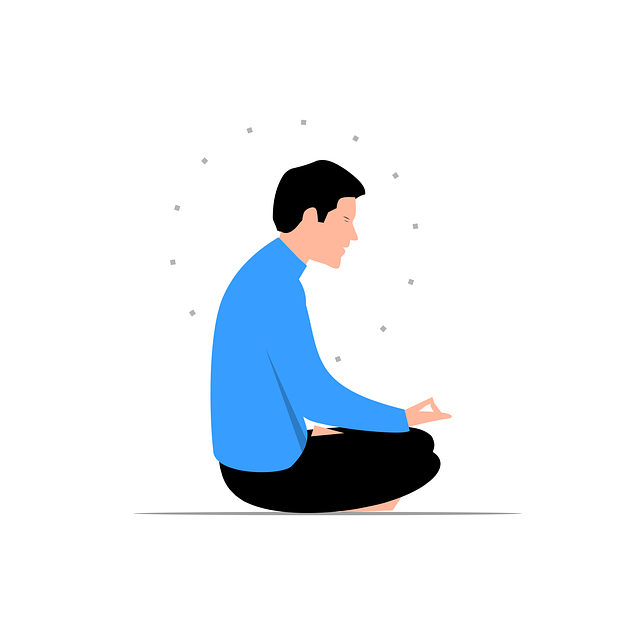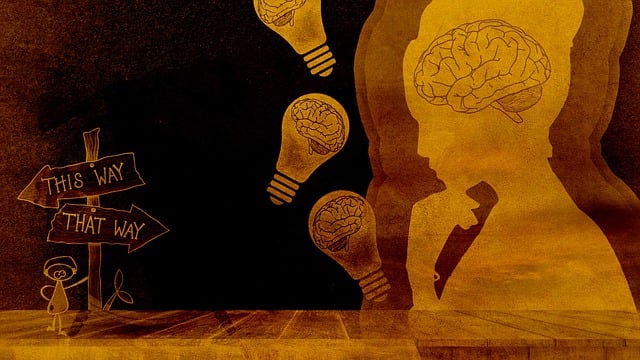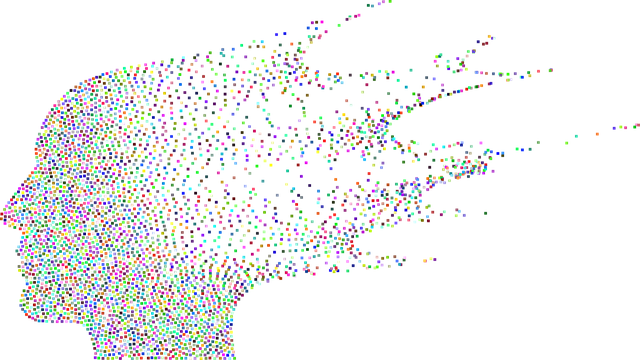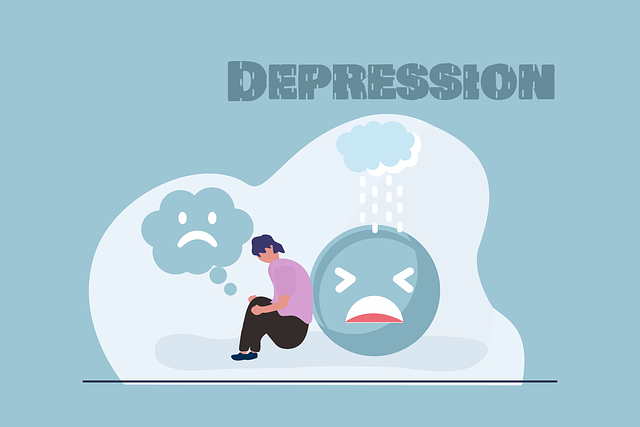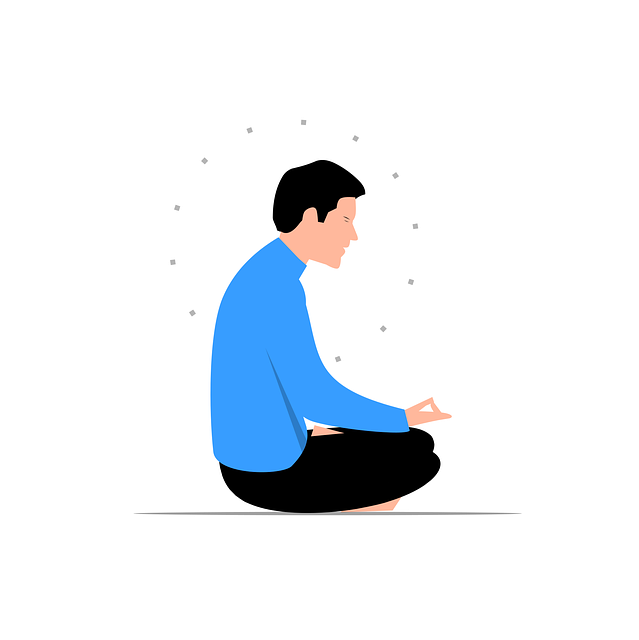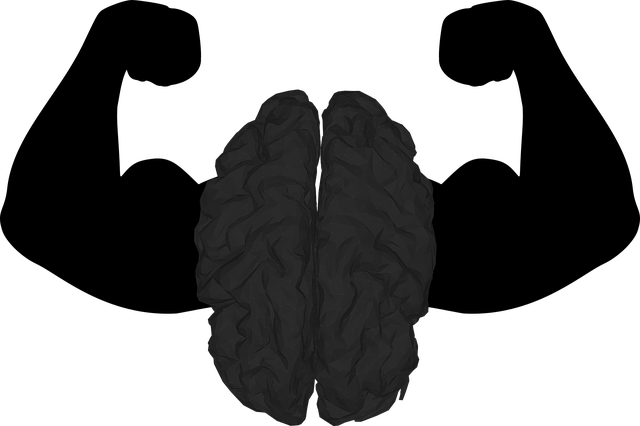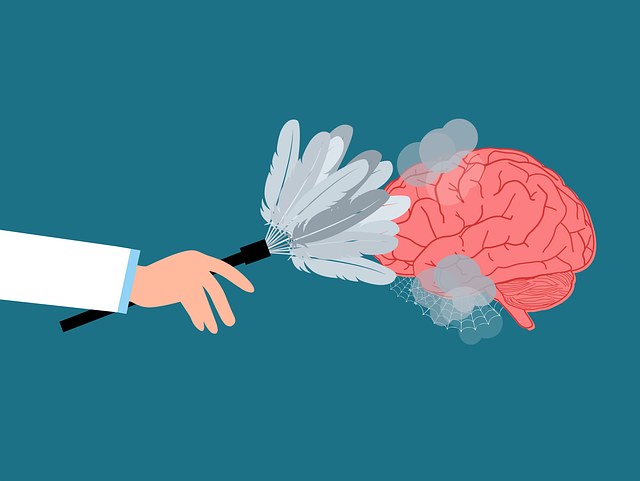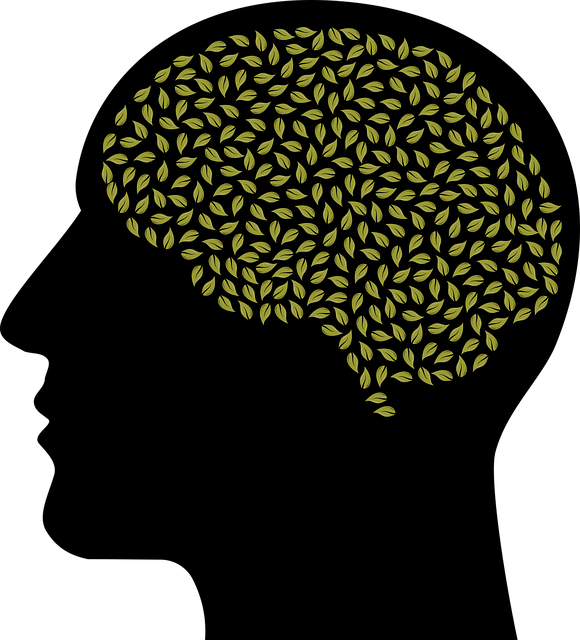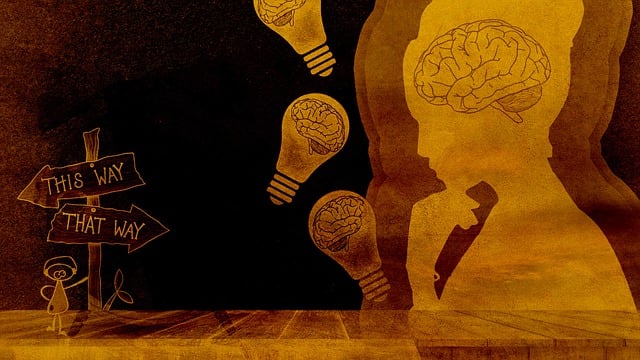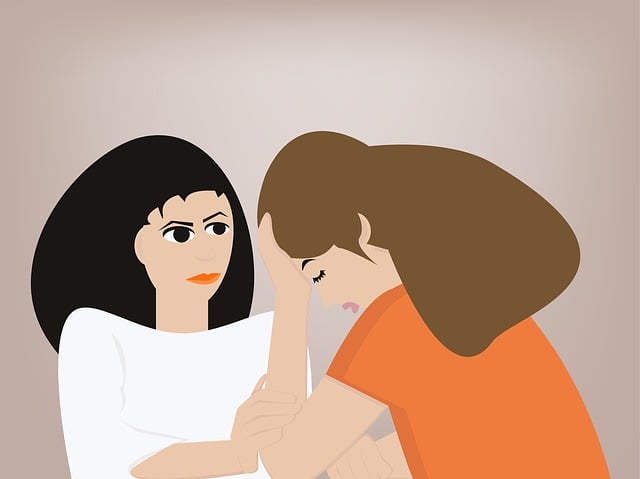Lone Tree EMDR Certified Therapy offers a comprehensive solution for mood regulation, combining advanced techniques like EMDR with cognitive restructuring, compassion cultivation, and mindfulness meditation. This holistic approach helps individuals process trauma, improve emotional well-being, and manage stress effectively. By destigmatizing mental health issues and fostering self-compassion, the therapy contributes to a more resilient society while empowering clients to navigate life's challenges with newfound confidence and adaptability.
Mood regulation is a vital skill, influencing overall well-being and quality of life. This article explores effective strategies to navigate and manage one’s emotions, with a particular focus on Lone Tree EMDR Certified Therapy as a powerful tool for mental health. We delve into the science behind mood regulation, offering insights on how to cope with stress, anxiety, and depression through proven techniques. From professional therapies like EMDR to daily practices, discover strategies to enhance resilience and lead a more balanced life.
- Understanding Mood Regulation and Its Impact
- The Role of Lone Tree EMDR Certified Therapy
- Practical Strategies for Daily Life
- Finding Support and Building Resilience
Understanding Mood Regulation and Its Impact

Understanding Mood Regulation and Its Impact
Mood regulation is a critical aspect of mental well-being, enabling individuals to navigate life’s ups and downs with adaptability and resilience. It involves managing and stabilizing emotions, ensuring they remain within a healthy range. When left unaddressed, imbalanced moods can lead to significant disruptions in daily functioning, impacting relationships, work performance, and overall quality of life. This is where Lone Tree EMDR Certified Therapy steps in as a powerful tool for transformation. By employing evidence-based techniques, such as Eye Movement Desensitization and Reprocessing (EMDR), therapists help clients process traumatic memories and negative beliefs, fostering positive emotional responses.
The impact of effective mood regulation extends beyond individual healing; it ripples into society at large. Public Awareness Campaigns Development focused on mental health can play a pivotal role in destigmatizing emotions and encouraging individuals to seek support. Moreover, Compassion Cultivation Practices and Resilience Building techniques, often integrated into therapy, empower people to cultivate empathy, understanding, and strength in the face of adversity. These strategies not only improve individual outcomes but also contribute to creating a more compassionate and resilient community.
The Role of Lone Tree EMDR Certified Therapy

Lone Tree EMDR Certified Therapy offers a powerful approach to mood regulation, combining elements of exposure therapy with cognitive restructuring. This innovative technique helps individuals process and resolve traumatic memories or distressing events, leading to improved emotional well-being. By focusing on specific traumatic experiences, the therapy facilitates the brain’s natural healing process, enabling clients to manage intense emotions effectively.
Incorporating compassion cultivation practices and mindfulness meditation, Lone Tree EMDR Certified Therapy empowers individuals to develop a deeper sense of self-compassion and emotional awareness. These techniques promote relaxation and stress management, allowing people to respond to challenging situations with greater calmness and clarity. Through this holistic approach, clients gain valuable tools to navigate life’s complexities, enhance their mental resilience, and achieve long-lasting emotional balance.
Practical Strategies for Daily Life

In our daily lives, managing and regulating our moods is an essential aspect of maintaining overall well-being. For those seeking effective tools to navigate emotional challenges, Lone Tree EMDR Certified Therapy offers valuable insights and practical strategies. One powerful approach gaining traction is Compassion Cultivation Practices (CCP), which encourages individuals to foster self-compassion and understanding towards their emotions. By integrating CCP into daily routines, people can enhance their ability to respond mindfully to stress and adversity.
Additionally, establishing a consistent Self-Care Routine Development for Better Mental Health is transformative. This involves setting aside dedicated time for activities that nurture the mind, body, and spirit. From engaging in regular exercise to practicing mindfulness meditation, these self-care rituals empower individuals to better manage their moods and promote emotional resilience. In moments of crisis, Crisis Intervention Guidance can provide much-needed support, offering immediate strategies to de-escalate intense emotions and restore a sense of calm.
Finding Support and Building Resilience

Navigating life’s challenges can be daunting, but finding support is a crucial step in building resilience. Lone Tree EMDR Certified Therapy offers a safe and supportive environment for individuals to explore and process difficult emotions, providing powerful tools for stress reduction methods. Through therapy, clients gain self-awareness exercises tailored to their unique needs, empowering them to manage their moods effectively.
By integrating evidence-based practices, such as those found in Mental Health Policy Analysis and Advocacy, this therapeutic approach fosters a sense of control and well-being. The process encourages individuals to develop coping mechanisms that can enhance their overall mental health and resilience, allowing them to face life’s storms with greater confidence and adaptability.
In understanding the profound impact of mood regulation on our daily lives, it becomes clear that adopting effective strategies is essential. From the insights gained through research to the practical application of techniques like Lone Tree EMDR Certified Therapy, individuals now have valuable tools at their disposal. By integrating these methods into daily routines, people can foster resilience and achieve a greater sense of emotional well-being. Remember, finding support is key; whether through therapy or building a strong support network, one can navigate life’s challenges with enhanced coping mechanisms and improved mood regulation.
